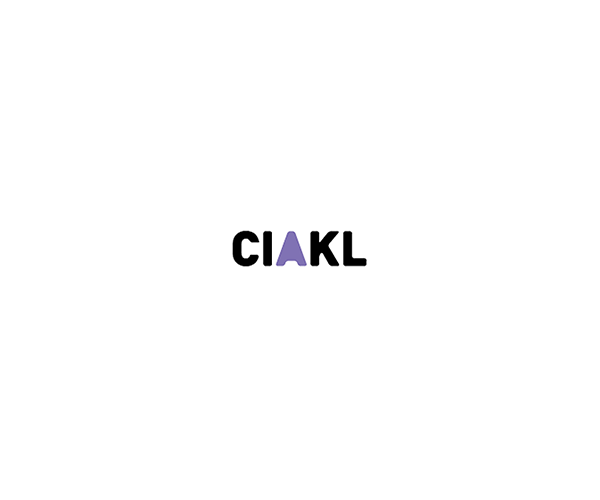CIAKL

CIAKL
EAC-19-2011-038
N/A
N/A
Erasmus +
Past Projects

Film and media schools in Europe represent a unique heritage of skills and competences. For decades these schools have educated professionals for a very complex market underpinned by high levels of entrepreneurship and technical innovation. The CIAKL projects focus on the relation between education and innovation by promoting the transfer of innovation and knowledge between different European film schools and companies posted along the value chain for this particular industry, while at the same time implementing teaching strategies focused on entrepreneurship that can foster employability amongst film and media graduates in Europe and promoting the matching of companies needs and students projects in the cultural industries.
Film represents a unique European heritage and a cultural plus that should be valued. The program addresses clear innovation skills gaps that were identified in this area of training, but goes beyond that by ensuring that these schools distinctive training strategies focused on project development and creativity can be successfully transferred to the industry via innovative learning and knowledge distribution and collaboration platforms.
CIAKl project main objective is the transfer of creative and innovative skills and knowledge between European training organizations working in the area of film and media teaching and companies in the film, ICT and media industry, via the development of new curricula, courses and teaching materials amongst consortium members.
CIAKL project sees film and media schools as engines of creativity that can highly benefit from the innovation brought about by learning technologies and a change in students and staff mindset that promotes business and entrepreneurship oriented attitudes.
The project is developed along three axes:
- Learning technologies – by promoting the joint development of curricula, courses and materials supported on learning technologies;
- Collaboration – by promoting the creation of shared knowledge spaces between academia and business companies integrated in the consortium, but also between and with other stakeholders in the target industry;
- Mobility – by promoting networking, joint infrastructure and applications for training, and both students, staff and trainers’ mobility between members of the consortium.
